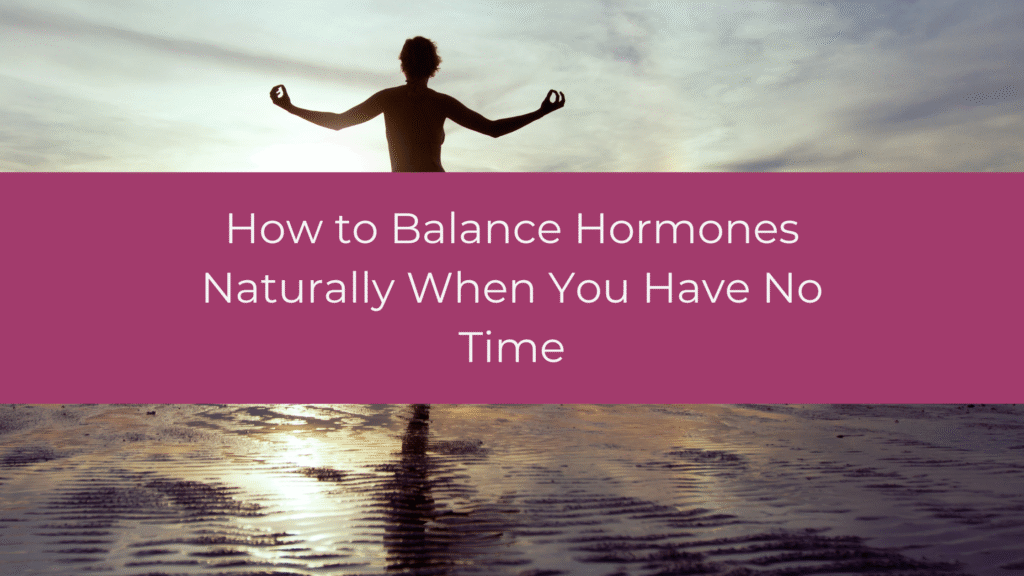How to Balance Hormones Naturally When You Have No Time
Juggling a high-pressure career, irregular schedules, and endless to-do lists whilst your body seems to be working against you? Your periods are all over the place, your energy is non-existent by 3pm, and your body’s energy feels like an unpredictable hormone rollercoaster.
If you’re wondering how to balance hormones naturally but feel like you barely have time to breathe, let alone overhaul your entire lifestyle, you’re not alone. During my years working on yachts, I experienced the full spectrum of hormone challenges: irregular periods, crushing fatigue, unexplained weight gain, and mood swings that made me question everything.
Here’s what I’ve learned: balancing hormones naturally doesn’t require hours of meal prep, expensive supplements, or a complete life transformation. It requires strategic, science-backed micro-habits that fit into your already packed schedule.
Curious about a personalised approach? Let’s explore your hormone health together with a free 30-minute consultation.
Understanding Hormone Imbalance Symptoms
Before we dive into solutions, let’s talk about what hormone imbalance actually looks like. Many ambitious women dismiss these symptoms as “just stress” or “part of being busy,” but your body is sending clear signals.
Common hormone imbalance symptoms include irregular or painful periods, persistent fatigue despite adequate sleep, unexplained weight gain or difficulty losing weight, mood swings and irritability, brain fog and difficulty concentrating, digestive issues and bloating, low libido, and disrupted sleep patterns.
Hormones like oestrogen, progesterone, and cortisol work together in a delicate balance. When one hormone is disrupted, it creates a domino effect throughout your entire endocrine system.
For busy professionals, chronic stress becomes the primary hormone disruptor. Your body can’t differentiate between a work deadline and a genuine threat, so it responds by flooding your system with cortisol, your stress hormone.
The Busy Woman’s Hormone Balance Blueprint
Forget everything you’ve heard about needing hours of free time to fix your hormones. Instead, focus on these strategic micro-habits that take less than 15 minutes each but deliver significant hormone-balancing results.
Morning Habits That Regulate Hormones Naturally
Your morning routine sets the hormonal tone for your entire day. However, you don’t need an elaborate two-hour ritual to make an impact.
- Within 30 minutes of waking, expose yourself to natural light for just 5-10 minutes. This simple action regulates your circadian rhythm, supports cortisol patterns, and improves sleep quality, all crucial for hormone balance. Open your curtains, step outside with your coffee, or take a brief walk before starting work.
- Eat a protein-rich breakfast within 60 minutes of waking. Aim for 20-30 grams of protein to stabilise blood sugar, support hormone production, and prevent the mid-morning energy crash. Greek yoghurt with nuts and seeds, eggs with avocado, or a protein smoothie all work brilliantly.
- Delay your caffeine by 90 minutes after waking. Your cortisol is naturally high in the morning, designed to wake you up. Adding caffeine immediately spikes cortisol even higher, creating hormonal chaos later in the day. Wait until mid-morning for your coffee, and always pair it with food.
Foods That Balance Hormones Naturally
Nutrition is one of the most powerful tools for hormone balance, yet it doesn’t require complicated meal plans or hours in the kitchen. The foods you choose directly impact how your body produces and regulates hormones.
- Prioritise healthy fats at every meal. Your body needs fat to produce hormones: oestrogen, progesterone, and testosterone are all made from cholesterol. Include avocados, nuts, seeds, olive oil, and oily fish in your daily diet.
- Add cruciferous vegetables regularly. Broccoli, cauliflower, Brussels sprouts, and kale support oestrogen metabolism, helping your body eliminate excess hormones efficiently. Roast a big batch on Sunday and add them to meals throughout the week.
Feeling overwhelmed by all the nutrition advice out there? Let’s cut through the noise together. Book a free 30-minute call to discover which foods will make the biggest impact on your unique hormone health.
- Balance your blood sugar with every meal. Combine protein, healthy fats, and fibre-rich carbohydrates to prevent insulin spikes that disrupt other hormones. This isn’t about restriction: it’s about strategic pairing.
- Reduce inflammatory foods gradually. Excess sugar, refined carbohydrates, and processed foods create inflammation that disrupts hormone signalling. You don’t need perfection: just progress.
Quick Lifestyle Changes for Hormone Health
Beyond nutrition, several lifestyle factors dramatically impact your hormone balance. Fortunately, these strategies require minimal time but deliver maximum results.
- Prioritise 7-9 hours of quality sleep. Sleep is when your body produces and regulates hormones. Create a consistent bedtime routine, keep your bedroom cool and dark, and avoid screens 30 minutes before bed. Even small improvements in sleep quality can transform your hormone health.
- Move your body daily, but strategically. You don’t need intense workouts to balance hormones: in fact, excessive high-intensity exercise can worsen hormone imbalance. Instead, aim for 20-30 minutes of moderate movement: walking, yoga, swimming, or strength training. Match your exercise intensity to your menstrual cycle for optimal results.
- Manage stress through nervous system regulation. Chronic stress is one of the biggest hormone disruptors. Incorporate quick stress-reduction techniques: 5-minute breathing exercises, brief meditation, journaling, or even a short walk outside. These micro-practices signal safety to your nervous system, reducing cortisol and supporting hormone balance.
Cycle Syncing for Busy Women
One of the most powerful yet underutilised strategies for hormone balance is cycle syncing: adjusting your lifestyle according to your menstrual cycle phases.
During the follicular phase (days 1-14), your energy naturally increases. Take advantage by scheduling challenging projects, intense workouts, and social commitments during this time.
During the luteal phase (days 15-28), your body undergoes significant metabolic shifts. Progesterone levels rise, increasing your basal metabolic rate by approximately 10-15%. This means you naturally burn more calories and require slightly more nutritional support.
Your body craves more protein to support potential implantation and repair processes. Simultaneously, you might experience increased insulin sensitivity, making it crucial to focus on nutrient-dense, balanced meals. Gentle movement becomes key: think yoga, walking, or light strength training that supports, rather than stresses, your system.
This phase is about nourishment and preparation. Your energy naturally becomes more introspective, making it an ideal time for planning, reflection, and self-care rather than high-intensity activities. Fighting against your cycle creates hormonal stress: working with it creates harmony.
Your 7-Day Hormone Reset
Day 1-2: Start with morning light exposure and a protein-rich breakfast. Notice how your energy shifts throughout the day.
Day 3-4: Add one serving of cruciferous vegetables daily and delay your caffeine by 90 minutes. Track your mood and energy levels.
Day 5-6: Implement a 5-minute stress-reduction practice: breathing exercises, meditation, or a brief walk. Observe how your body responds.
Day 7: Reflect on your week. Which habits felt easiest? Where did you notice the most significant changes? What will you continue?
This 7-day reset is just the beginning. Real, lasting hormone balance comes from understanding your body’s unique needs and creating a personalised plan that works for your lifestyle.
Ready to Transform Your Hormone Health?
Ready to discover how to balance your hormones naturally? Book a free 30-minute call to explore how I can support your unique hormone health journey.
You deserve to feel energised, balanced, and in control of your body, not constantly fighting against it. Let’s make that happen together.
Disclaimer: This article is for informational purposes only and is not intended as medical advice. Always consult with a healthcare professional before making significant changes to your diet or health routine.
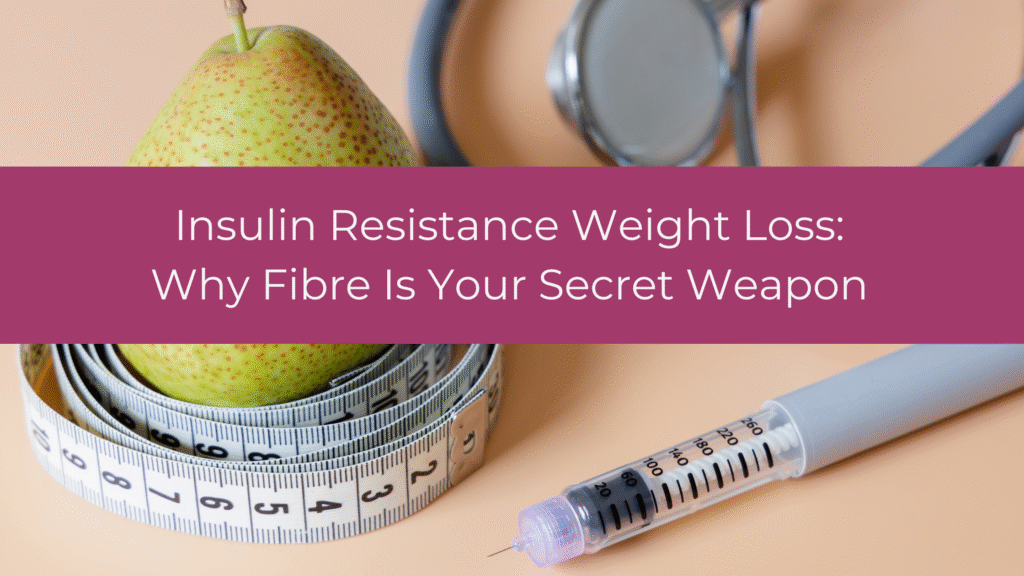
Blog: Insulin Resistance Weight Loss: Why Fibre Is Your Secret Weapon
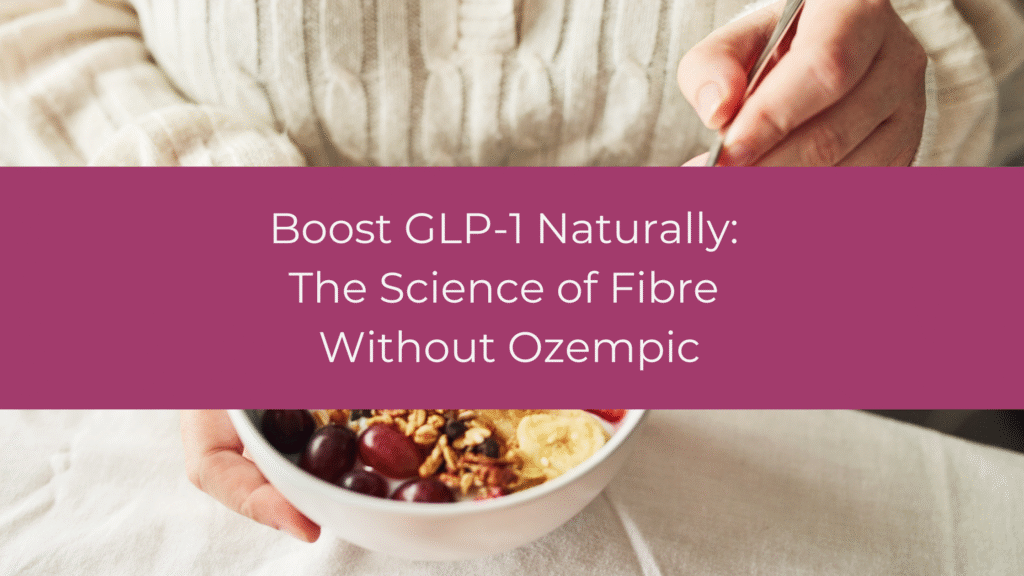
Blog: Boost GLP-1 Naturally: The Science of Fibre Without Ozempic

Blog: Fibermaxxing for Women: The Natural Ozempic Alternative
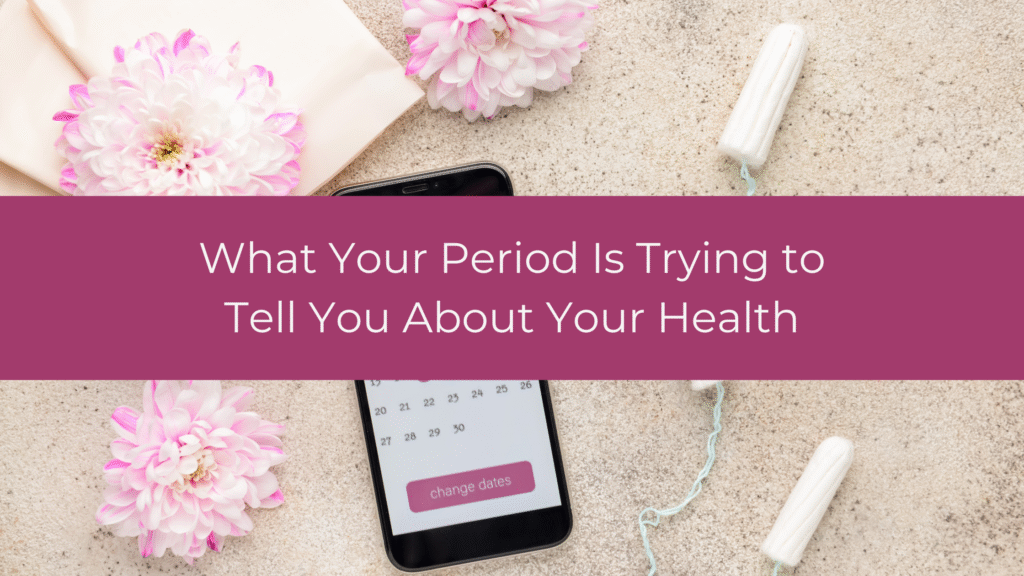
Blog: What Your Period Is Trying to Tell You About Your Health
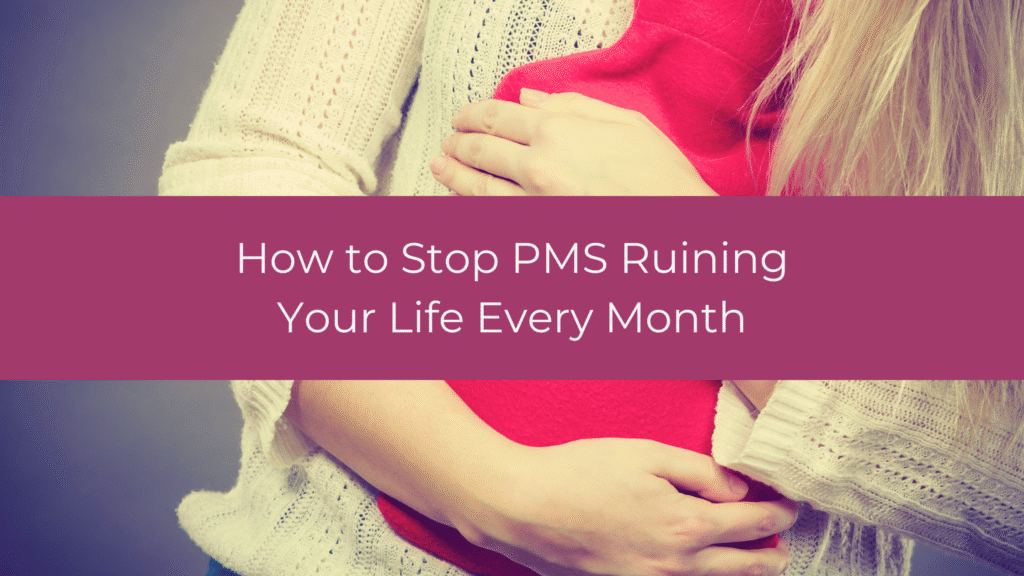
Blog: How to Stop PMS Ruining Your Life Every Month
